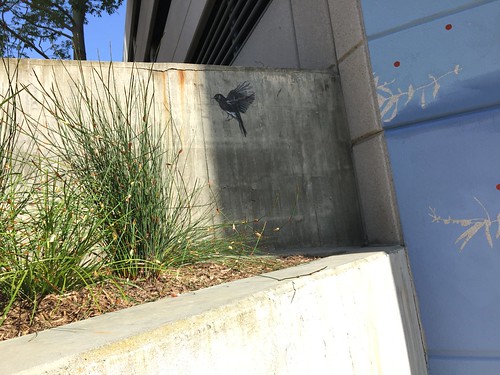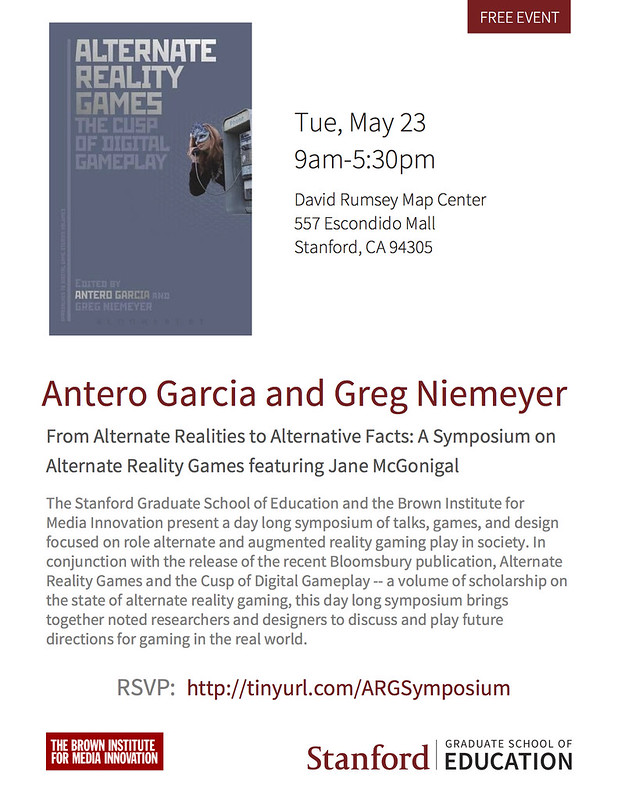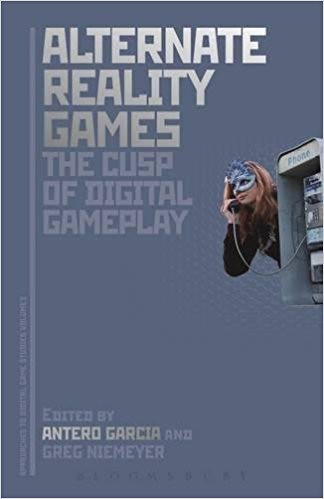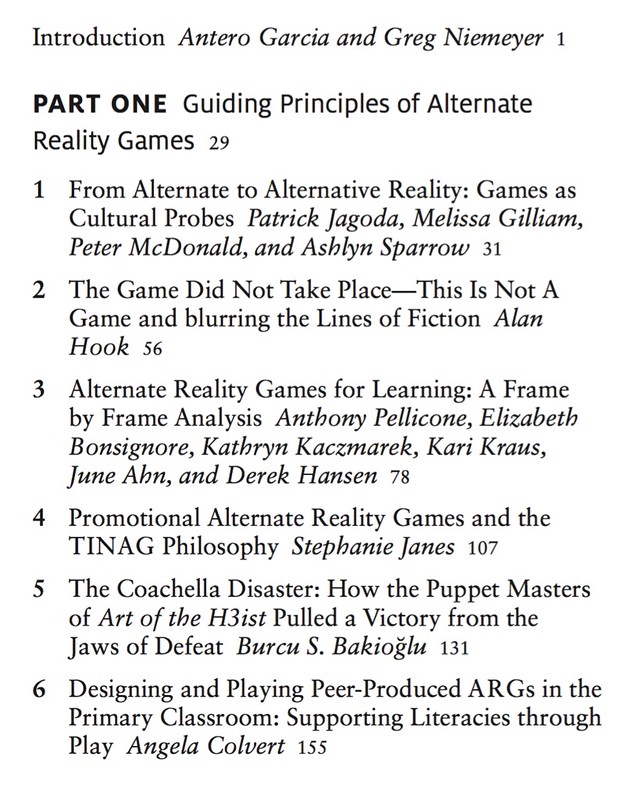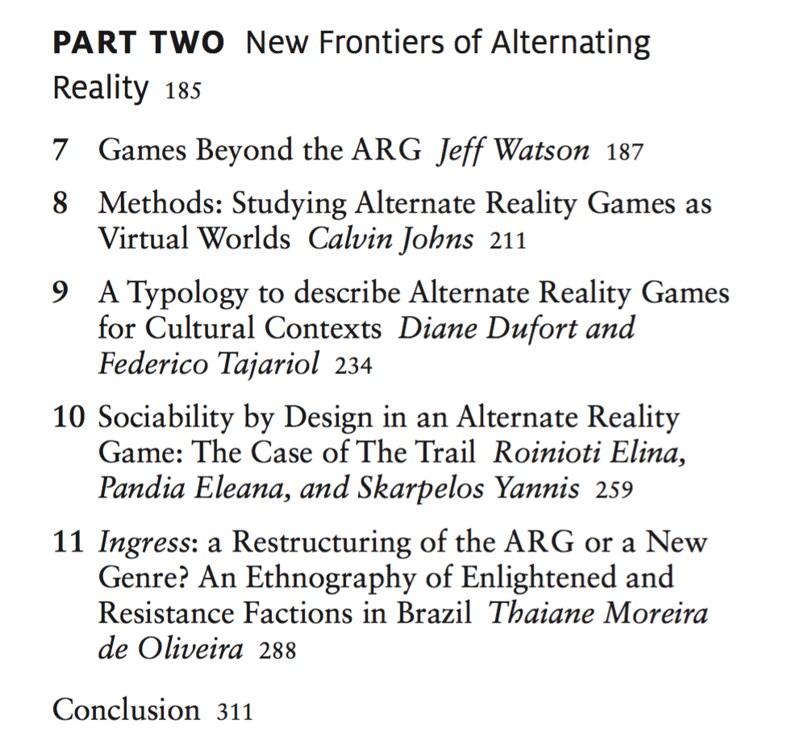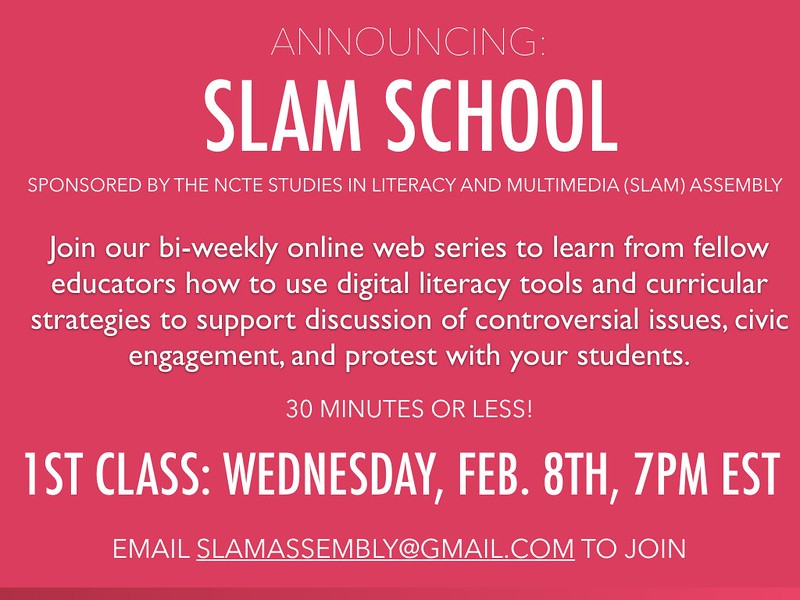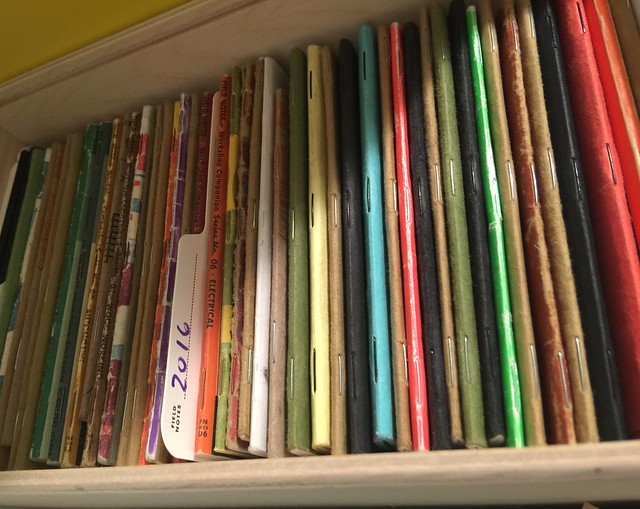I am thrilled to share a recently published special issue of Theory Into Practice focusing on Twenty Years of Multiliteracies: Moving from Theory to Social Change in Literacies and Beyond. As a project that my co-editor Robyn Seglem and I started in 2016–twenty years since The New London Group’s seminal publication—this issue brings together leaders across the field of education exploring how multiliteracies, pedagogy, and “social futures” have shifted classroom practices and educational research.
I describe a little bit more about what drove Robyn and I to pull this issue together below but, really, I encourage you to go to the Theory Into Practice page and dig into the amazing work of our contributors.
Twenty years ago, the ten members of the New London Group noted:
The changing technological and organizational shape of working life provides some with access to lifestyles of unprecedented affluence, while excluding others in ways that are increasingly related to the outcomes of education and training. It may well be that we have to rethink what we are teaching, and, in particular, what new learning needs literacy pedagogy might now address.
At the 2016 Literacy Research Association annual conference, Allan Luke elaborated that the conglomeration of technological advances with global power, competition, and neoliberalism have shattered the utopian possibilities of digital tools held by many during the turn of the century. Particularly considering the role of technology, oppression, and communication in this current moment of Trumpism, the articles in this issue point to specific opportunities for pedagogical innovation and new research pathways vis-à-vis multiliteracies scholarship. As Robyn and I write in our introduction:
[T]he framework for “designing social futures” at the heart of this issue was written long before the existence of online social networks like YouTube, Facebook, MySpace, Friendster, Instagram, Snapchat, and Twitter. Technical advances from “smart” phones to internet-enabled thermostats, doorbells, and fitness trackers had not yet redefined our relationships to “stuff” at the time that multiliteracies outlined new modes of communication and understanding. Though advances in technology were still seen as central to the hopes of educational reform in the U.S. (Cuban, 1986), entire ways of interacting and communicating with one another and mediating the comfort of middle class lives did not exist. Similarly, Amazon, Uber, Warby Parker, Blue Apron, and myriad other companies did not reimagine new modes of commerce. In 1996, rather, media such as books, music, and VHS tapes were largely bought in malls; the ushering out of smaller mall-based bookshops like B. Dalton and Waldenbooks had not yet happened and larger shops like Barnes & Noble were not the threat to mom and pop shops that today’s eCommerce behemoths may be. New content was not yet downloaded (illicitly pilfered or paid for) from online sources.
Illustrating the kinds of advances that we have seen in the years since the New London Group’s publication, let us consider “the boy who lived”: Harry Potter. In 1996, the first book in J.K. Rowling’s Harry Potter book series was still a year away from being published. This publication, in turn, would not only get caught in the hearts of millions of readers (many impatiently awaiting magical owls bearing invitations that would somehow whisk them to their own wizarding school experiences) but would also redefine the markets for publishing young adult and children’s literature. The powerful links between serialized novels, Hollywood adaptations, and books as portals for lucrative transmedia franchises was fully realized across the decade of Harry Potter novels that led to films, fan fiction, and even theme parks. The advances in technology that were in lock-step with the possibilities of mass-market profit were both suggested by and unable to be anticipated by the New London Group. Multiliteracies, in classrooms and in broader society, highlight how even liberatory possibilities of literacies–to reach new audiences and foment new voices–are often hemmed in by the auspices of those that wield societal power.
We are thrilled with the amazing contributions in this issue. I am pasting the table of contents below, but encourage you to visit the Theory Into Practice website to access the abstracts and full manuscripts for the entire issue. I hope you check these articles out!
Contents
This Issue – Antero Garcia & Robyn Seglem
Pedagogies and Literacies, Disentangling the Historical Threads: An Interview with Bill Cope and Mary Kalantzis – Bill Cope, Mary Kalantzis, & Anna Smith
From Digital Consumption to Digital Invention: Toward a New Critical Theory and Practice of Multiliteracies – Nicole Mirra, Ernest Morrell, and Danielle Filipiak
Multiplicities in Motion: A Turn to Transliteracies – Anna Smith, Amy Stornaiuolo & Nathan C. Phillips
Design, Desire, and Difference – Kevin M. Leander & Gail Boldt
Centering Nepantla Literacies from the Borderlands: Leveraging “In-Betweenness” Toward Learning in the Everyday – José Ramón Lizárraga & Kris D. Gutiérrez
Multiliteracies in Practice: Integrating Multimodal Production Across the Curriculum – Patricia Thibaut & Jen Scott Curwood
Changing Literacies and Civic Pathways: Multiliteracies in Inquiry-Driven Classrooms – Robyn Seglem & Antero Garcia
From Designing to Organizing New Social Futures: Multiliteracies Pedagogies for Today – William R. Penuel & Kevin O’Connor
Looking at the Next 20 Years of Multiliteracies: A Discussion with Allan Luke – Antero Garcia, Allan Luke, & Robyn Seglem



